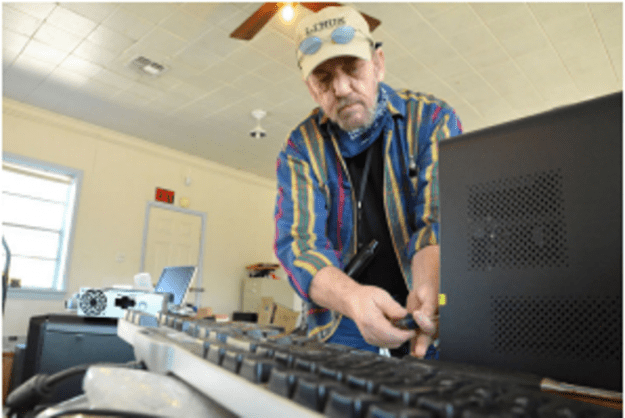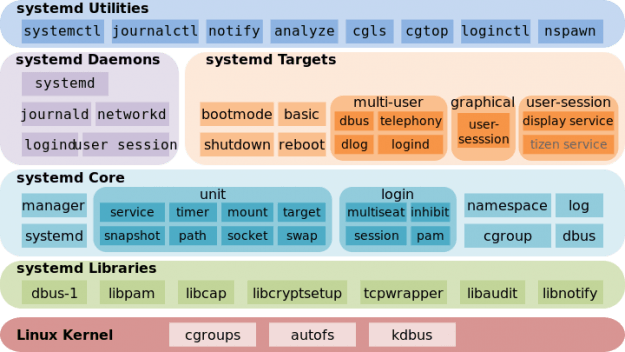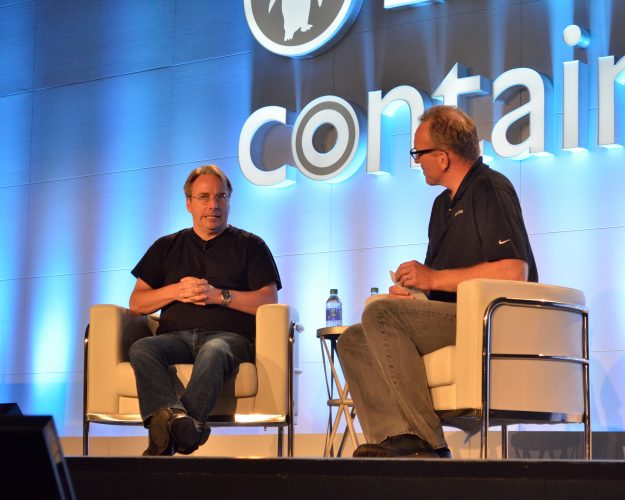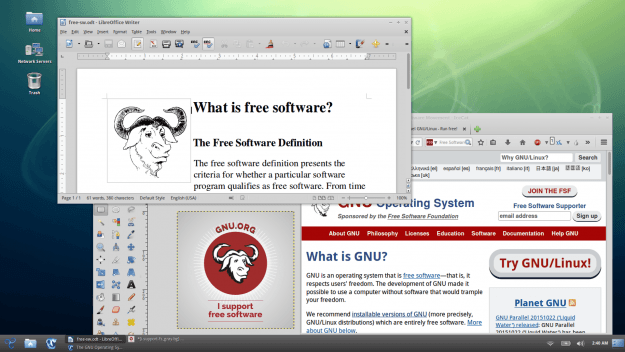When it comes to Linux and systemd, the one thing on which everyone can agree is that it's complicated -- some say overly complicated.
FOSS Force
Reglue, which refurbishes used computers and installs Linux on them for use by school students who can't afford a computer, has to move to new digs.
Although the Linux Foundation seems to represent Linux and the entire Linux user community, many community members have complained for years that the organization has defaulted to representing only the interests of its corporate membership.
We look back on 2019 using our 2020 hindsight at some of the important happenings during the last year in the world of Linux and open source.
Most FOSS leaders came into prominence during the 1980s and 90s and are now approaching, or have passed, the age when most people retire. Are free software organizations ready for the change that appears to be just around the corner?
Our delve into the numbers presented by Distrowatch indicate that although there have been some notable changes over the last serveral years, the Linux ecosphere is mostly stable from a distro perspective.
Although the numerous approaches to open source sometimes seem at odds with each other, users and developers of open source software, whether coming from "copyleft" or "permissive" camps, are travelling similar roads.
With Stallman's recent exit from the FSF, has the time come to put ideological correctness aside and just let Linux be Linux?
Even if you're a liberal arts major with no background in technology or science, using Linux and other free software can empower you to take control of your computing environments.









